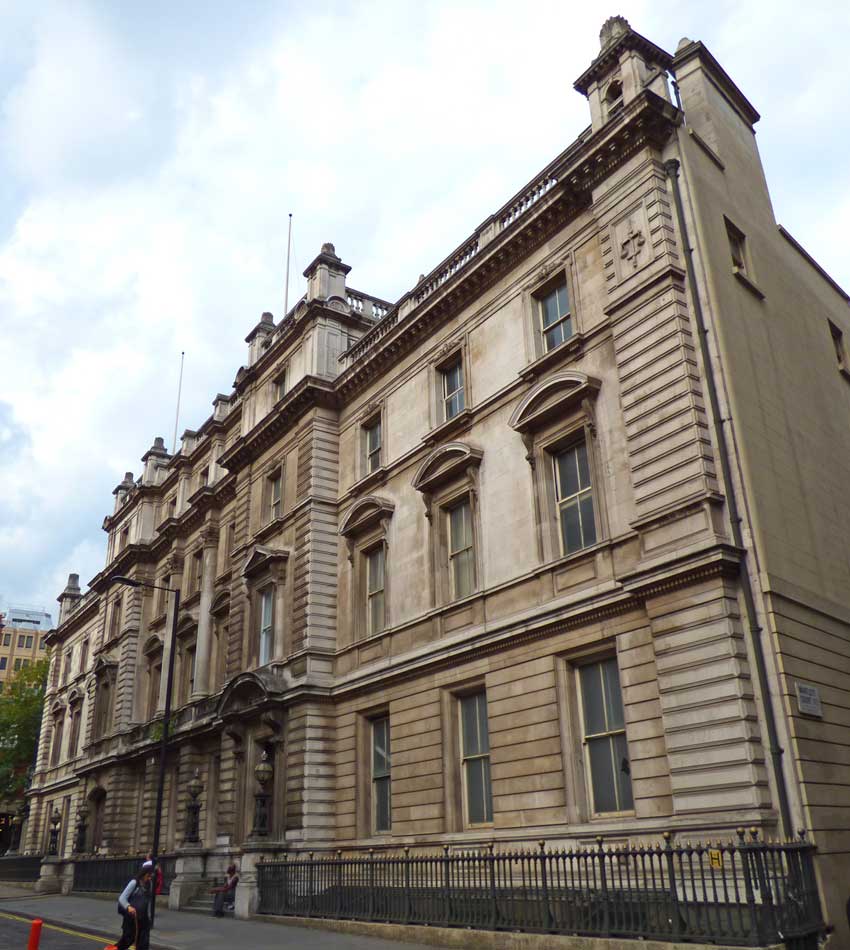On Saturday 17 November 1888, The Graphic, published an intriguing editorial which took issue with the state of the police cells at various London police stations.
The main thrust of the article was simply that, should a respectable person find themselves being detained by an officer of the Metropolitan Police for a trifling offence, such as being drunk and disorderly, then they would spend the night in a cell totally unsuited to their social standing!
The article also made the point that police cells weren’t particularly pleasant places!
It read:-
LONDON POLICE CELLS
“An interesting little discussion took place on this subject in the House of Commons on Tuesday, and we hope that the investigation will be pursued until a really permanent improvement has been effected.
At present, it would seem that when a decently-dressed and ordinarily well-behaved person is run in for some trifling offence, the penalty which he or she endures by being thrust into an evil-smelling receptacle among disorderly and foul-mouthed prisoners is far severer than that which is awarded next day by the magistrate.

OVERNIGHT ANNOYANCE RENEWED
It is, moreover, officially admitted that the police-court cells are usually much overcrowded, so that the unlucky detenu, while waiting to be brought before the “Beak,” often has his overnight annoyances renewed.
This grievance has, however, in some cases been partially remedied by utilising the cells of the police-stations which, in six instances, are attached to the metropolitan police-courts.
MORE COULD BE DONE
Far more than this is needed.
We do not ask for sofas and cheval mirrors, but surely every cell should be well-ventilated, kept fairly warm in the cold weather, and as clean as such places can be.
All noisy or disorderly prisoners should be promptly removed from the company of their quieter companions, and there should be a woman warder to look after the needs of members of her own sex.
NOT MUCH MONEY
Such a reform as this ought not to cost much money, and it will probably be quickened rather than retarded by the cessation of the present anomalous arrangement which compels the country at large to defray the cost of the London police-courts.
LONDONERS SHOULD PAY
It would be far more wholesome if this expense were borne by Londoners themselves, for they would then, perhaps, take care to see that they got good value for their money, and that their police cells were not places of torture.”
